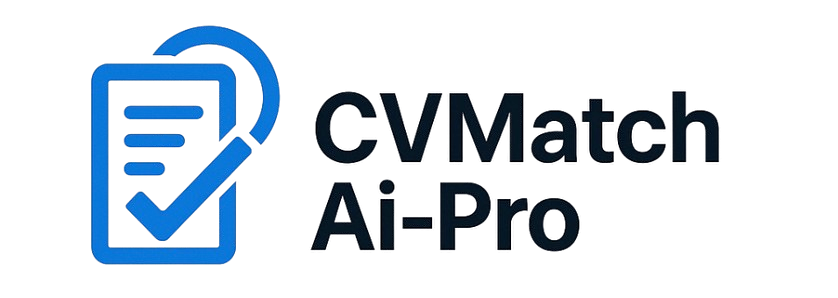The Impact of AI Matching on Reducing Time-to-Hire
In today’s fast-paced job market, every day spent searching for the right candidate can mean lost opportunities and increased costs. Reducing time-to-hire has become a critical metric for organizations aiming to stay competitive. Artificial intelligence (AI) matching technology is proving to be a powerful accelerator, helping companies identify and hire top talent faster than ever before. Let’s explore how AI matching transforms the hiring process and slashes time-to-hire metrics.
Why Time-to-Hire Matters More Than Ever
Speed is essential in modern recruitment. Candidates have more options, competition is intense, and businesses must fill key roles quickly to maintain operational momentum. Delays not only increase recruitment costs but also risk losing top candidates to faster-moving competitors.
Consequences of a Long Time-to-Hire
- Extended vacancies reduce team productivity and strain existing employees, impacting morale and business results.
- Top candidates often receive multiple offers, meaning slower organizations miss out on the best talent.
- Prolonged hiring processes damage employer brand reputation, making future recruiting efforts more difficult.
Challenges Slowing Traditional Hiring Processes
- Manual resume screening is time-consuming and prone to inconsistencies, delaying shortlisting.
- High application volumes overwhelm recruiters, making it difficult to quickly identify the right candidates.
- Disorganized interview scheduling and inefficient communication extend the overall timeline unnecessarily.
How AI Matching Accelerates the Hiring Process
AI matching revolutionizes recruitment by quickly and accurately connecting candidates to roles based on skills, experience, and cultural fit. By automating key stages of the hiring funnel, organizations can dramatically reduce their time-to-hire.
Faster Resume Screening and Shortlisting
- AI systems scan and evaluate hundreds of resumes in seconds, ranking candidates based on predefined criteria.
- Recruiters receive shortlists of highly relevant applicants, eliminating the need for manual review of every resume.
- Automated ranking ensures that top talent is identified and contacted immediately.
Improved Candidate Matching Accuracy
- AI analyzes deeper data points, such as transferable skills, career progression, and soft skills, beyond basic keywords.
- More precise matching increases the likelihood of finding candidates who not only fit the role but are also likely to succeed long-term.
- Better matches mean fewer rounds of interviews and faster offer acceptance.
Optimized Interview and Assessment Scheduling
- AI-driven scheduling tools coordinate interview availability automatically, reducing back-and-forth emails.
- Automated assessments allow candidates to complete evaluations on their own time, speeding up qualification stages.
- Streamlined coordination keeps candidates engaged and the process moving swiftly.
Real-World Results: How Much Time Can AI Save?
Organizations implementing AI matching report substantial improvements in time-to-hire, leading to better hiring outcomes and stronger business performance.
Time Savings at Each Stage
- Resume screening times drop by up to 75%, freeing recruiters to focus on candidate engagement.
- Interview scheduling, once a multi-day task, can now be completed within hours using automation.
- Shortlisting quality candidates reduces the number of interviews needed to reach a hiring decision.
Impact on Overall Hiring Cycles
- Companies leveraging AI matching report up to a 40% reduction in overall time-to-hire.
- Faster hiring cycles translate into lower recruitment costs and quicker time-to-productivity for new hires.
- Shorter timelines enhance candidate experience, improving offer acceptance rates and strengthening employer brands.
Best Practices for Leveraging AI to Reduce Time-to-Hire
Maximizing the benefits of AI matching requires strategic implementation and ongoing optimization to align with organizational goals and values.
Customize Matching Criteria
- Tailor AI models to reflect the specific skills, experiences, and cultural attributes critical to success in each role.
- Regularly review and update criteria based on feedback from hiring managers and evolving business needs.
- Customization ensures AI recommendations are both accurate and aligned with company priorities.
Maintain a Human Touch
- Use AI to assist, not replace, recruiter judgment and candidate engagement.
- Personalized communication and relationship building remain essential to securing top talent.
- Human oversight ensures that exceptional candidates are not overlooked by rigid algorithms.
Conclusion
AI matching is redefining recruitment by making the hiring process faster, smarter, and more candidate-centric. By dramatically reducing time-to-hire, organizations can gain a critical advantage in securing top talent while enhancing efficiency and reducing costs. The future of recruitment belongs to those who embrace technology without losing sight of the human element that makes hiring truly successful.
